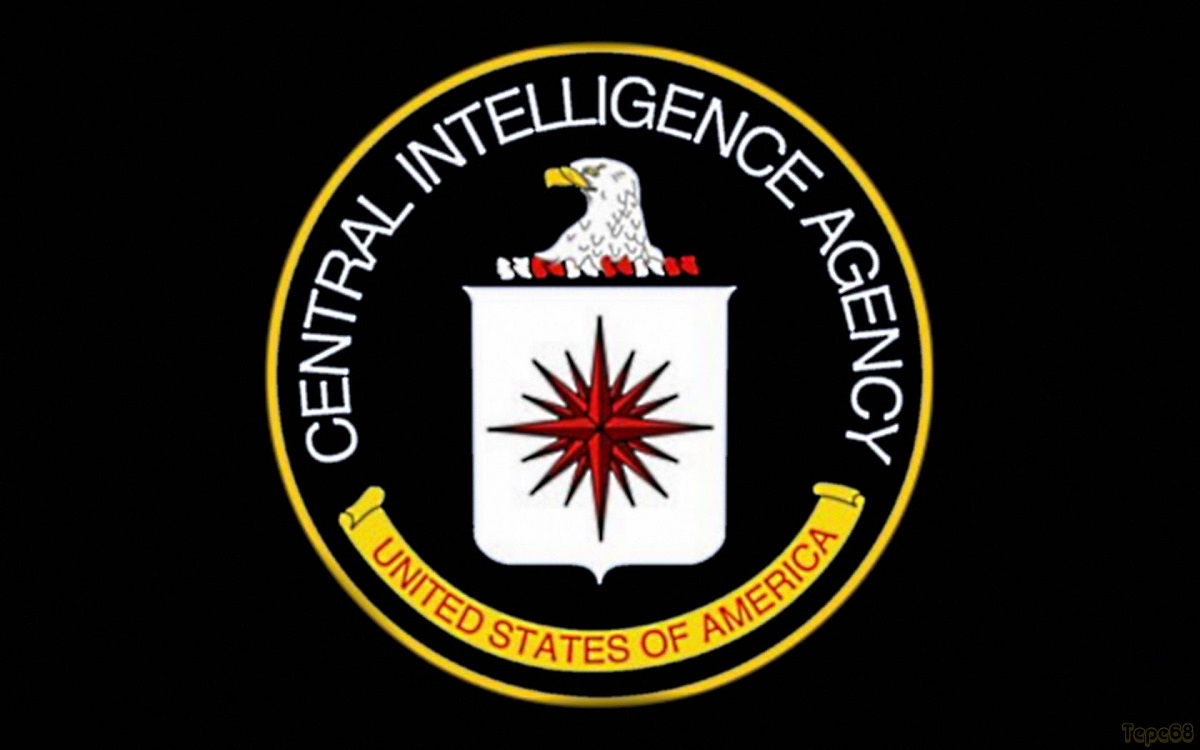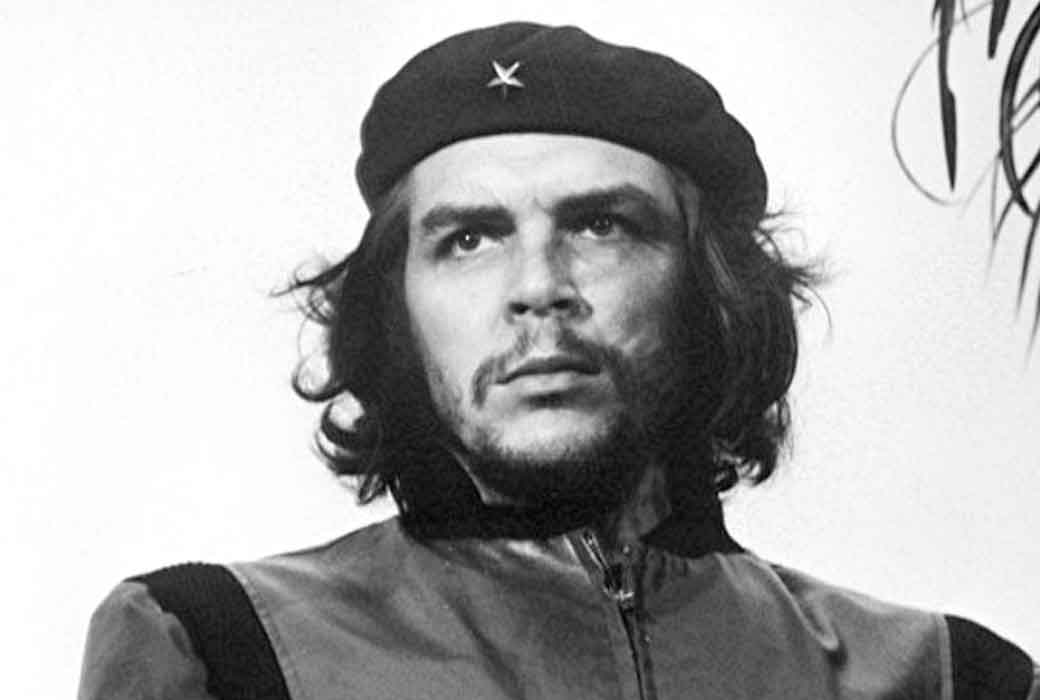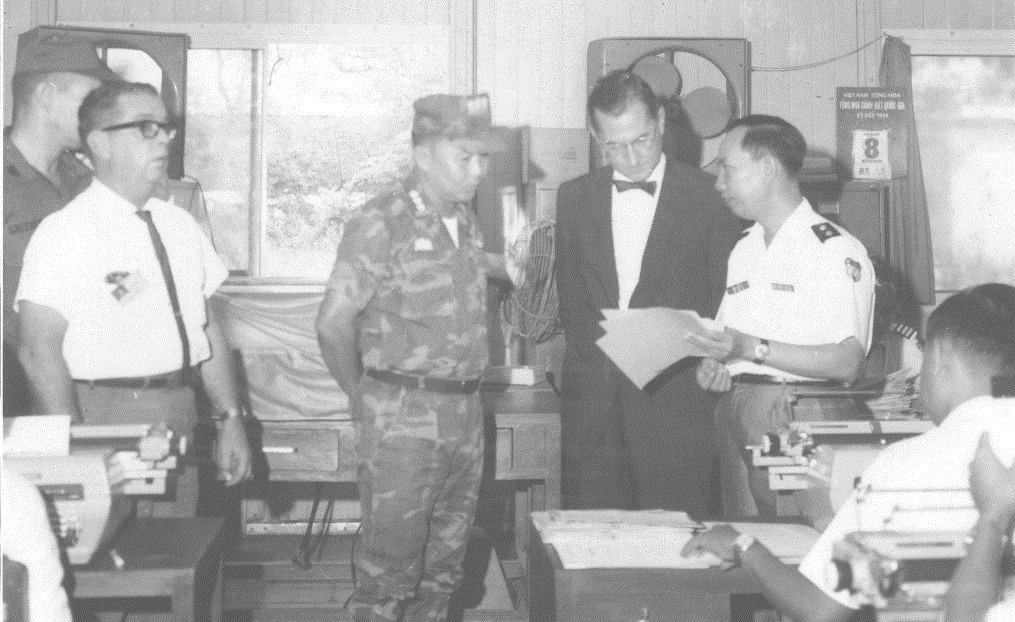In the depths of history lie tales of clandestine operations that blur the lines between fact and fiction. Among these is Operation Mockingbird, a covert endeavor that entwined the worlds of intelligence agencies and media outlets in a web of manipulation. As we dig into the secrets and consequences of this infamous operation, a sinister conclusion emerges, painting a chilling picture of the power struggles that shape our information landscape.
Uncovering Operation Mockingbird
Operation Mockingbird, initiated by the CIA during the Cold War era, sought to influence and control media outlets both domestically and abroad. This audacious scheme aimed to shape public opinion, spread propaganda, and advance the agenda of the intelligence community. By infiltrating news organizations, journalists, and even prominent figures, the operation set the stage for a disturbing dance between truth and deception.
Dark Machinations
The extent of Operation Mockingbird’s influence is difficult to fathom. It orchestrated the dissemination of propaganda, shaping public perception on a range of issues, including foreign policy, political campaigns, and even social movements. The very fabric of the Fourth Estate, meant to be a bastion of truth and accountability, was tainted by unseen puppeteers pulling the strings behind the scenes.
By exploiting the vulnerability of the media, Operation Mockingbird blurred the line between journalism and propaganda, warping public discourse and manipulating the masses. With hidden agendas lurking beneath the surface, the authenticity of information became suspect, eroding the foundations of trust upon which a healthy democracy depends.
A Chilling Conclusion
As we confront the dark legacy of Operation Mockingbird, we are forced to confront a harrowing conclusion. The operation’s clandestine maneuvers have left an indelible mark on the media landscape, perpetuating a culture of skepticism and mistrust. The ramifications of its actions continue to reverberate in the present day, where the battle for truth and the relentless pursuit of authenticity remain ongoing struggles.
Moreover, Operation Mockingbird serves as a stark reminder that the dissemination of information is not immune to manipulation. In an era characterized by an overwhelming abundance of news sources and a relentless stream of information, the specter of covert operations still lingers. The power to shape public opinion, mold narratives, and influence the course of events remains an ominous temptation for those who seek to control.
Ultimately, the dark conclusion that emerges from Operation Mockingbird is a chilling one. It underscores the importance of vigilance, critical thinking, and a relentless commitment to seek the truth. Only by acknowledging the shadows that lurk beneath the surface can we hope to dismantle the web of manipulation that threatens the very fabric of our democratic society.
Operation Mockingbird stands as a stark reminder of the dangerous alliance between intelligence agencies and media manipulation. The operation’s tentacles reached far and wide, forever changing the landscape of journalism and public discourse. As we grapple with its legacy, we must remain vigilant in our pursuit of transparency, truth, and an unyielding commitment to uncover the secrets that lie hidden in the shadows. Our collective ability to shine a light on the darkest corners of manipulation will be the key to reclaiming the integrity of the information that shapes our world.




